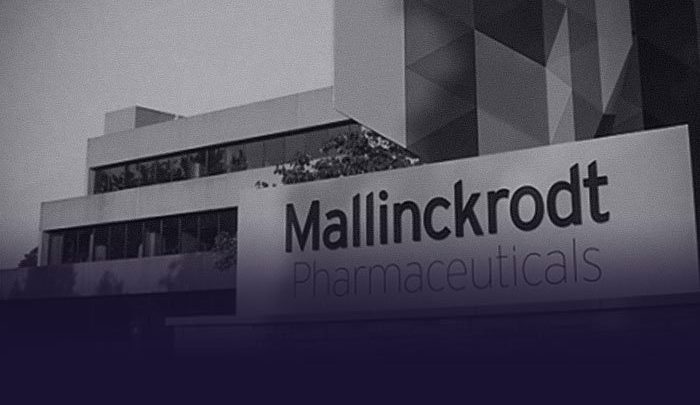Mallinckrodt spinoff to include 7 manufacturing sites in U.S. and Japan

[ad_1]
With its plan for a spinoff into two companies, Mallinckrodt will create an API and generics operation with a large controlled substances and acetaminophen business and seven manufacturing facilities split between the U.S. and Japan.
The Dublin-based drugmaker this month announced its intent to spin off its Specialty Generics business, which will keep the Mallinckrodt name and its oxycodone-based drugs along with Amitiza, a drug for opioid induced constipation it acquired in its $1.2 billion purchase of Sucampo a year ago.
The other half of Mallinckrodt, with about 1,800 employees, will get a new name and focus on specialty drugs such as the controversial inflammatory drug Acthar.
RELATED: Mallinckrodt subpoenaed, again, over sales of oxymorphone in growing opioid crisis
“With approximately 1,600 employees, the newly spun company will include a leading acetaminophen business, a portfolio of both API and generic finished dose forms of controlled substances and other drugs, a niche specialty generics development portfolio, and a strong U.S. manufacturing footprint,” a spokesperson said in an email. “The inclusion of the AMITIZA product in the non-promoted assets to be spun off brings added manufacturing facilities and employees in Japan, and diversifies revenues further.”
The generics company, which is expected to be headquartered in St. Louis, Missouri, will have manufacturing sites in St. Louis as well as Greenville, Illinois; Hobart, New York; and Raleigh, North Carolina, in the U.S. It will have sites in Kobe, Sanda and Tokyo, Japan.
In recent years, Mallinckrodt has invested about $140 million in manufacturing including about $20 million on the St. Louis site.
The Mallinckrodt name has been somewhat tainted in the last few years with a DEA investigation for allegedly failing to prevent its version of the opioid oxycodone from being diverted to drug dealers. It settled the Justice Department case last year for $35 million. The company also has taken heat for the price of Acthar. Recently, a whistleblower sued the company, claiming it used “dirty data” to persuade payers to cover Acthar, a drug which will remain with the the unnamed spinoff.
The separation deal, which will involve a tax-free distribution of common stock to shareholders, is expected to be completed in the second half of next year.
[ad_2]




